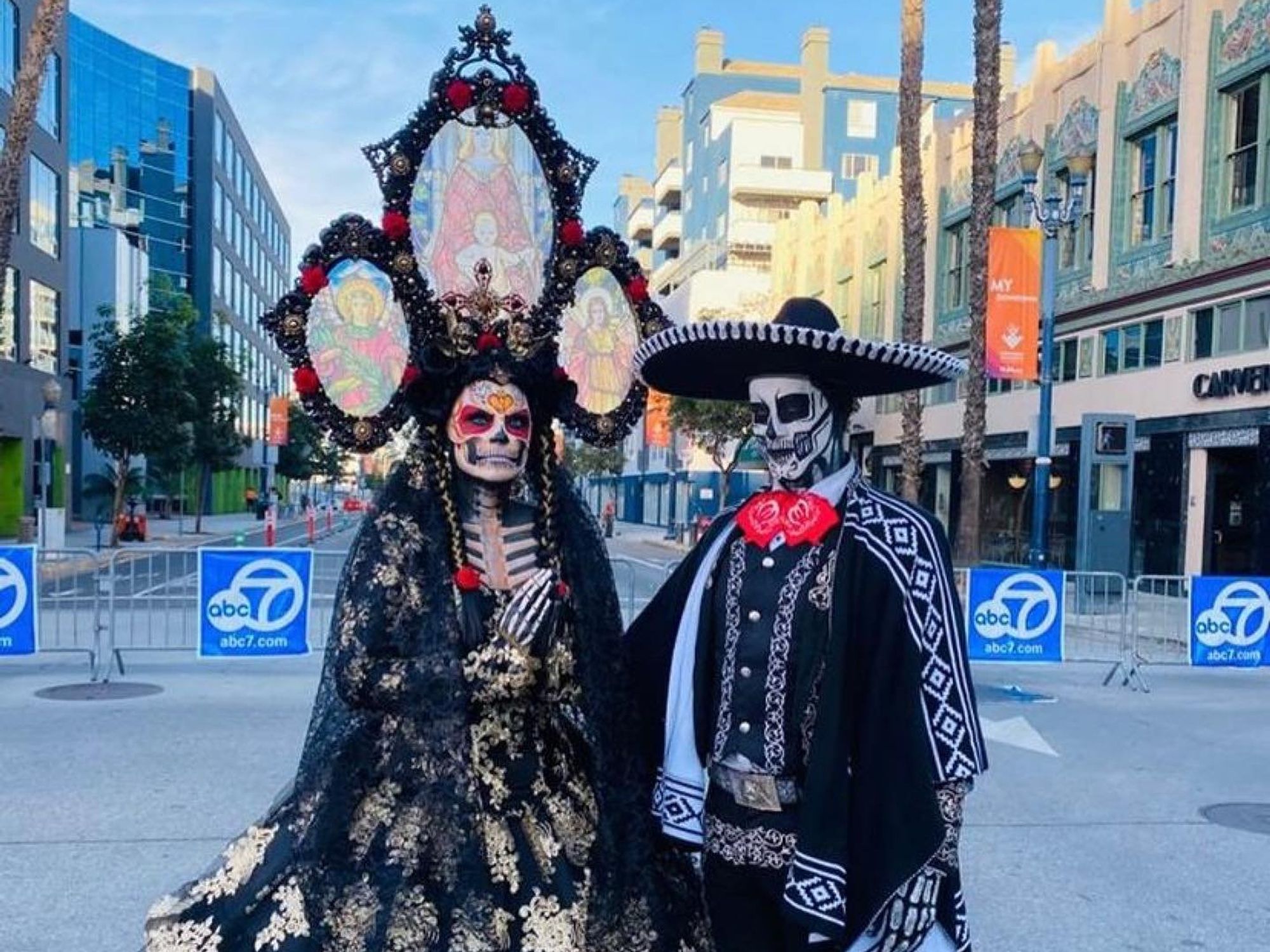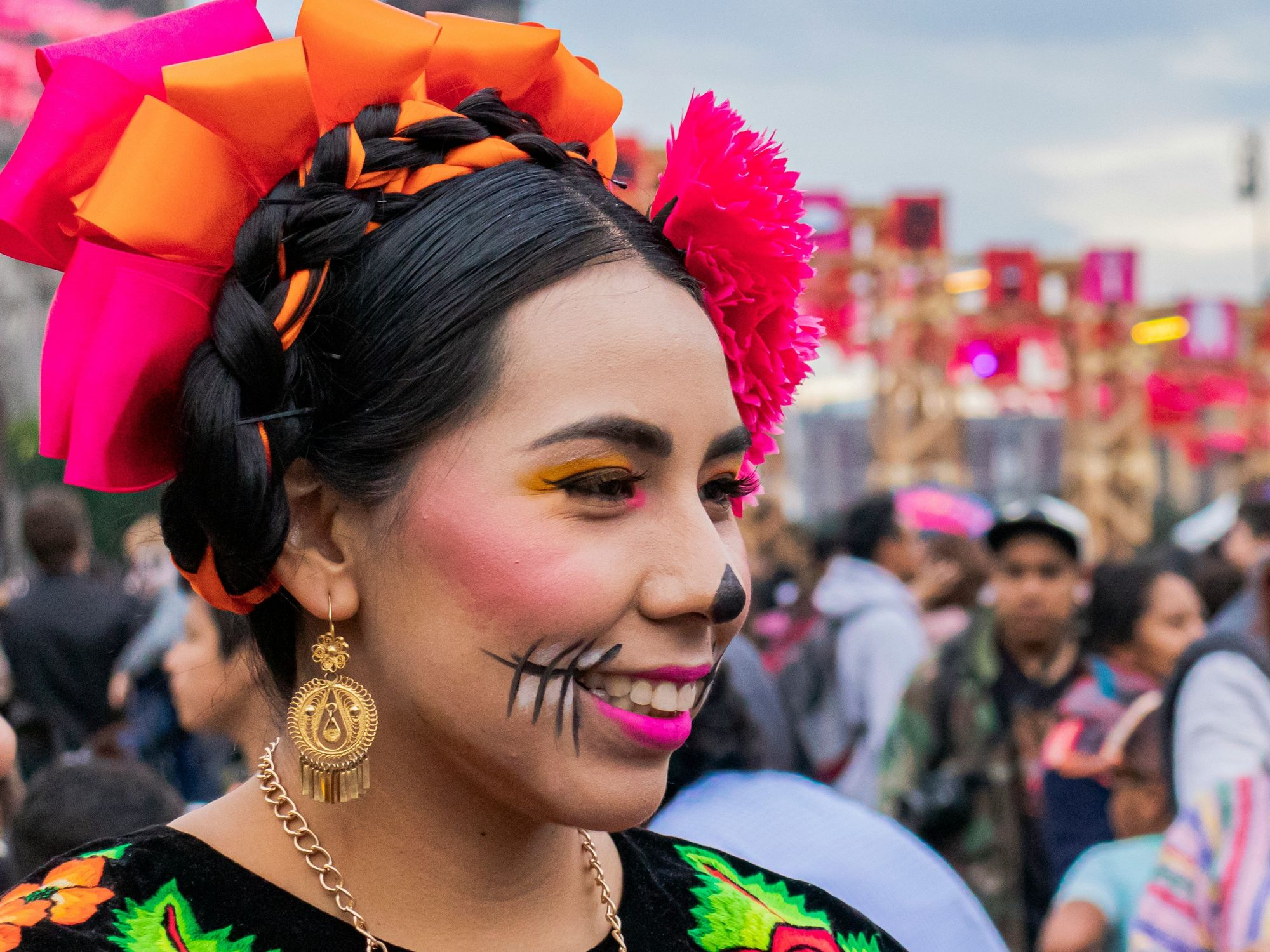
While Latine families face a lot of stressors when adjusting to life in the United States, it is oftentimes the children who bear the brunt of navigating systems such as language, habits, and traditions for them. Since families are so close-knit in most Latine homes, this removes many boundaries as parents are dependent on their children to help them navigate these spaces.
We often hear stories of having to translate important government and medical documents starting at a very young age, something that goes well into our teen and young adult years that leaves us to feel as though we can’t set boundaries since we are a major source of support for our parents.
This left me wondering how healthy our relationships with our parents are when we feel obligated to help and support them. Not only is this support manifested in daily chores and tasks, but it can also have a personal impact on our own lives.
Remember applying to college and wondering how close you should stay to home? How about dating and wondering what your parents and family would say about your choice of partner? So often we are caught up in acts of service to our family that we might forget to set boundaries and truly ask ourselves an all-important question: what makes me happy?
Let’s be real, if it was up to our mom she would have us living at home until we get married and have us over for dinner every day. It’s easy to get guilted into these things, but you can set boundaries and help your family adjust to your lifestyle. It’s okay to live by your own rules and focus on life on your terms, amiga.
Communicate with Your Parents
This one seems fairly straightforward, but it’s easier said than done.
I’ve chosen to take a nontraditional approach to do this: I’ve decided to see my mom as my friend. What she used to say to get under my skin no longer does so because I am not holding myself to the standards of an obedient daughter. I chose to have a relationship with my mom where we talk about most things I’d chat about with my friends. It helps to remember that your mom was a young woman once too and while she might have grown up a different way, she still questioned life the same way you do. I do the same with my dad because even though my relationship with him is different than my mom, he also had aspirations in life that were unique to him.
Shaping these conversations through the lens of friendship will help you change the way your parents perceive you. You’re no longer a child that they can guilt trip, and they will quickly realize this as you open up to them.
Learn To Say No
Sometimes you just have to hurt some feelings and say no. No to the cookout, no to the errand that they’re asking about and no to the family party you don’t want to attend. Yes, this one is difficult but if you keep pouring from an empty cup how will you function? How will you be able to keep your peace and joy around them if you start feeling resentful about all the things you feel obligated to attend to or do for your family?
Call Out Machismo
Latine families can oftentimes be rooted in machismo. Think about the dynamics of your family and how often the women are expected to serve the men or how you might be expected to be married and have kids by 25. These are all issues that leave us feeling guilty, overwhelmed, and resentful, making it a priority to call them out to change them. Setting these types of boundaries allows your family to know what to expect from you. Heck, they might see it as being radical, but soon they’ll realize the freedom they too can find in calling out and rejecting our machista traditions that they have simply conformed to.
Give Yourself Some Grace
This won’t be a smooth ride. Your family won’t immediately accept your boundaries because you have given them so much comfort over the years. Whether it has been always attending family parties or dinners, translating documents, navigating complicated government systems, or anything in between, they haven’t had to figure it out on their own because you have always stepped in. There might have been a cost to your own mental health, but that has not been something they’re aware of, and it’s time you give yourself some grace. Give yourself some grace for the times when you’ll get the guilt trips and grace to know that you’re more valuable as a healthy individual. It will pass, and you’ll have a stronger relationship for it.
There is no denying that it’s hard to set boundaries in the Latine family, but it’s important to do so because many of us aren’t living in survival mode any longer, instead pursuing our goals to live a happy life and thrive.
While traditional Latine families might have served as a way to survive in Latin American countries, we no longer have to live based on traditional customs. You can have a happy Latine family and happy individuals within those families. Everyone wins this way, but it will take some adjustment.
The next time your mom begs you to come to your family dinner after you’ve been working tirelessly, it’s okay to say no and take a bubble bath. You can always go shopping with your mamá during the weekend. You’ll show up happier and more authentically and your mamá will appreciate it. We’re rooting for you because we know you can do it amiga!











 Photo by
Photo by 



